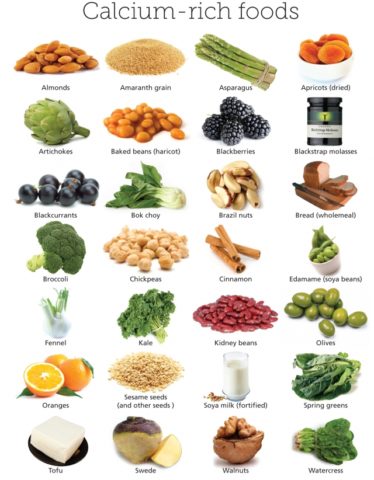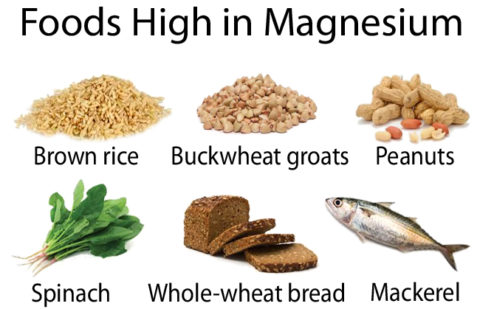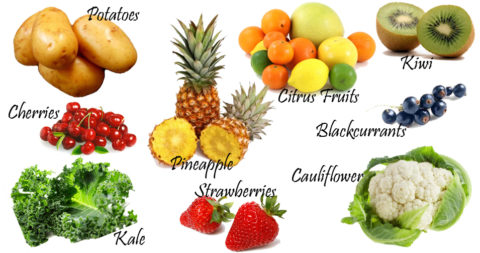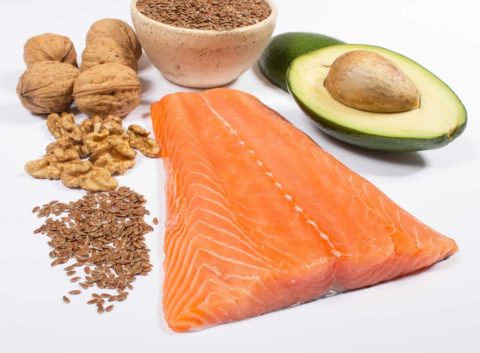Supplements for Skiing – Part 2
Supplements for Skiing – Part 2
Following on from the previous article, here are some substances that can be interesting to have in mind when chosing a supplementation.
Magnesium and Calcium
They are responsible for a number of processes in the body, which are essential to perfomance and health.
The main reason of them being here is not because diets are frequently poor of them.
Quite the opposite, a lot of the food we intake do carry them in decent quantities. Though, some foods can create a reaction that puts the mineral balance at risk. A brief description is available here.

Calcium is one of the most lost minerals in the Metabolic Acidosis. If you come from a heavly acidic diet it could be reasonable to think that a bit of extra calcium (with a lot of water) could be added to the diet.
Also reasonable to think that this will not be a long lasting solution.. You’ll need to decrease the Acidosis (by less acidic food intake) in order to establish a balanced environment.
Magnesium is also lost in the same process, but less so than calcium.
It is also proven to be of some help in the relieve and rebalance of the local acidosis of the muscle after a lactacid work out.
Will it help the over all perfomance? Probably by a very small percentage. But if you are coming from an unbalanced diet and you are really struggling with the Lactacid training, some magnesium (and lots of water) could help.

In Summary
Why: helps muscle work and efficiency. Protects bones. Helps protein efficiency.
When: unbalanced diet.
How: Calcium: up to 600 mg/die with a lot of water, preferably in the morning
Magnesium: 2-400 mg/die with lot of water, preferably in the afternoon.
Vitamin C
It’s probably the queen of vitamins and supplements.
Found nearly everywhere in small dosages, the scientific researches are as vast as clinical history.
Cheap, cheerful and useful, it’s probably my “go to” supplement for a wide range of needs.
Again, if you are a solid fruit and row vegetable eater you probably won’t find substancial benefits in extra supplements. But if you are in a transitory period (diet, life style etc) or under phisical stress, a small and constant intake during the day could carry some benefits.

In Summary
Why: helps muscle and general body efficiency/protection, helps building new cells, controls free radicals
When: stress, unbalanced diet, climate change, circulation problems
How: multidoses of 250 mg, 4 times a day. It’s water soluble so it get’s expelled within 2-3 hrs through the kidneys.
Omega 3
Following on from the antioxidant group we can find the “ever green” Omega 3.
It can be found in a number of foods. The classic animal ones are: mackerel, salmon and herrings. In the plant world we can mainly find it in: walnuts, chia seeds and flaxseeds. 
A diet that includes regularly these elements will defiantly be a good one.
In my personal opinion a diet that counts mainly on the plant sources is even better than the animal one, mainly because seeds will carry a higher amount of fibers and vitamins that all together will bring stronger benefits to the body.
The positive effects of Omega 3 includes a reduction of inflammation (produced by stress and heavy training) on the joints and muscles. As well as protection of the cardiovascular system and a boost of the immunity system.
In Summary
Why: general body protection and effciency
When: heavy training/stress, cardiovascular issues
How: specific diet and supplements. Effective dosage have been found to be around 2 grams/die. E.g.: 75 grams of salmon + 15 grams walnuts. Supplements need to indicate the exact quantity of Omega 3 on the label.
F.S.